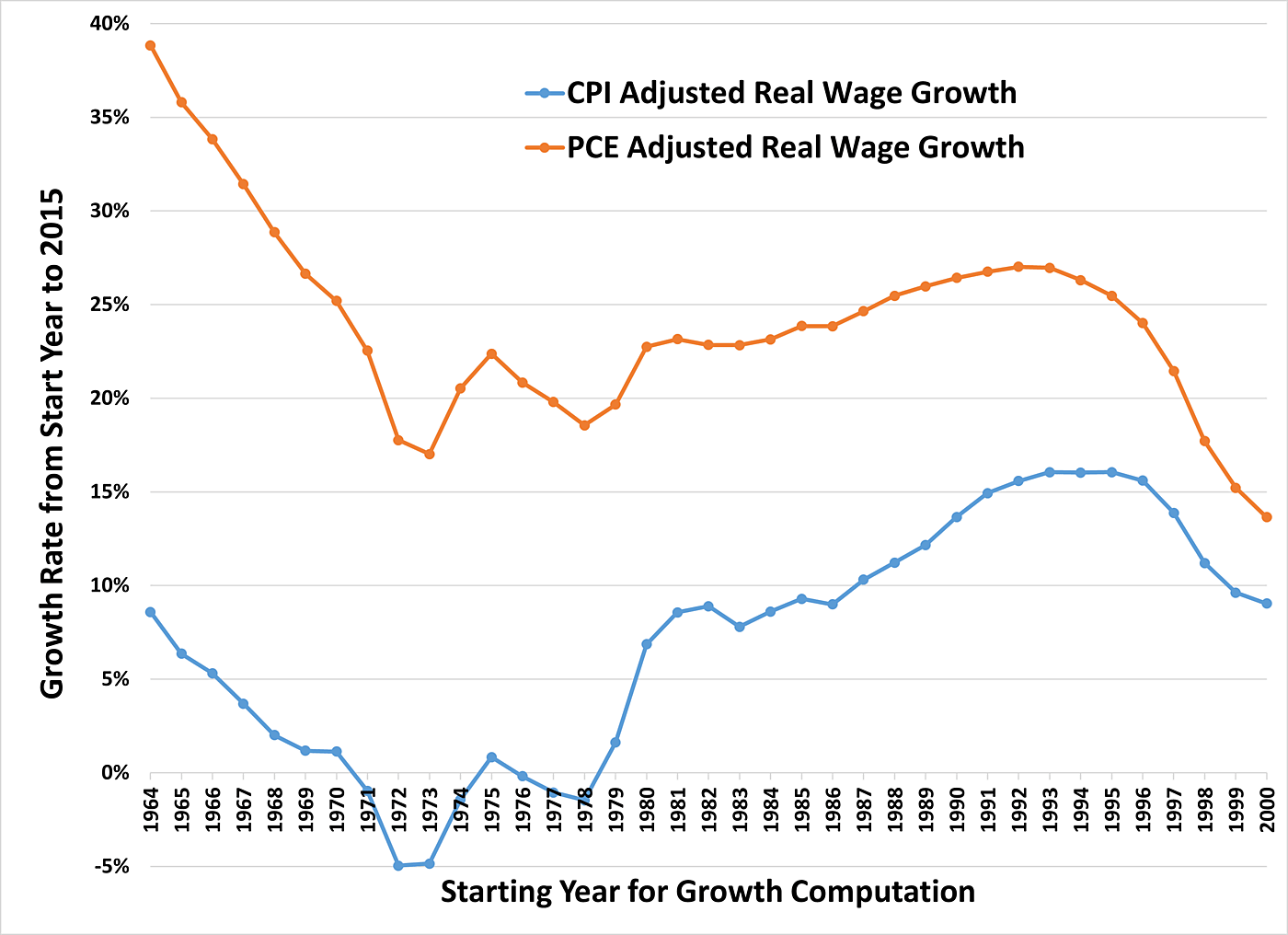Unlikely Senate Alliance Proposes Cryptocurrency Surveillance
Nicholas Anthony Senators Cynthia Lummis (R‑WY) and Kirsten Gillibrand (D‑NY) introduced an updated version of their Responsible Financial Innovation Act. The bulk of the bill addresses issues around market structure and cryptocurrency exchanges—issues my colleagues Jack Solowey and Jennifer Schulp have
American Compass Dystopia: Americans’ “Stagnant” Income
Norbert Michel and Jai Kedia A few weeks ago, American Compass released Rebuilding American Capitalism, A Handbook for Conservative Policymakers. This Forbes column (American Compass Points To Myths Not Facts) provided a very brief critique of the handbook’s Financialization chapter, and Oren Cass,
Why Mises’s Theory of Economic Calculation Still Is Relevant Today
Whether political elites promote outright socialism or interventionism, thanks to the reality of economic calculation, they are advocating a failed economy. Original Article: "Why Mises’s Theory of Economic Calculation Still Is Relevant Today"
The Financial Implications of the Death Penalty
Jeffrey Miron This article appeared on SubStack on July 20, 2023. One argument for the death penalty is that the usual alternative—life in prison without possibility of parole—imposes a financial burden on taxpayers (about $60,000-$70,000 per death row inmate per year, according to
Is Boycotting Target a Legitimate Protest or an Act of Terrorism?
n discussing the recent boycott of Target, University of Michigan economics professor Justin Wolfers recently told MSNBC: [If] Target caves into this, then it says that the moment you threaten the employees of even a very large corporation, you get to
Out of the Woods?
Michael talks with Tom Woods about RFK, Jr., whether the elites are evil or just incompetent, and the secret of Tom's success.
In Yale University ERISA Case, Plaintiffs Lose but 7th Amendment Wins
Joshua A. Katz The Seventh Amendment guarantees the right of trial by jury for “Suits at common law.” But defining when a suit is “at common law” can be surprisingly tricky. More than two hundred years after the Seventh Amendment’s enactment, the
How People Determine the Value of a Good
Why do individuals pay higher prices for some goods than others? The common reply references laws of supply and demand, but what are these laws? The answer is found in the law of diminishing marginal utility. Most economists explain this law










